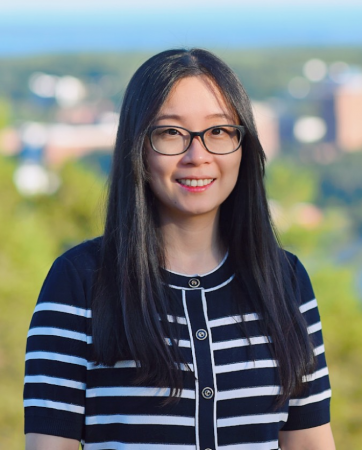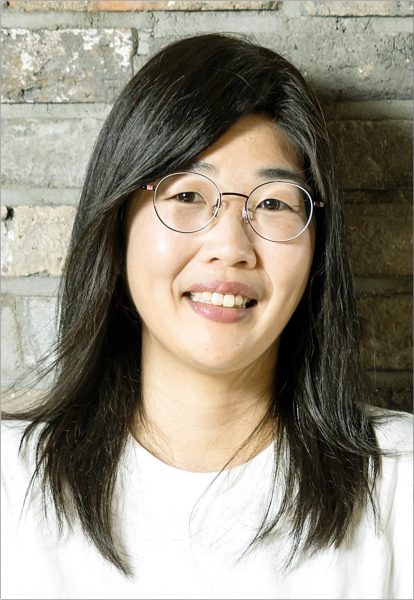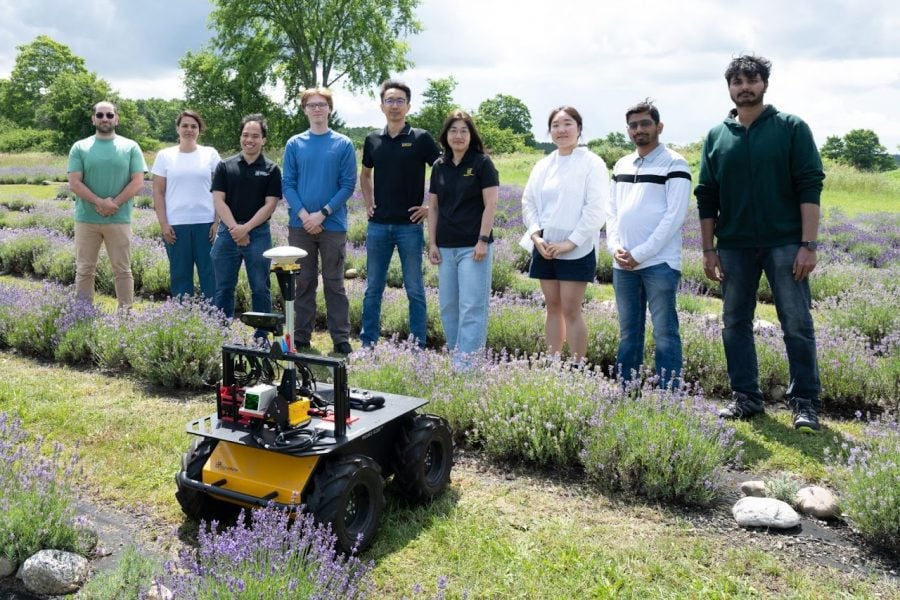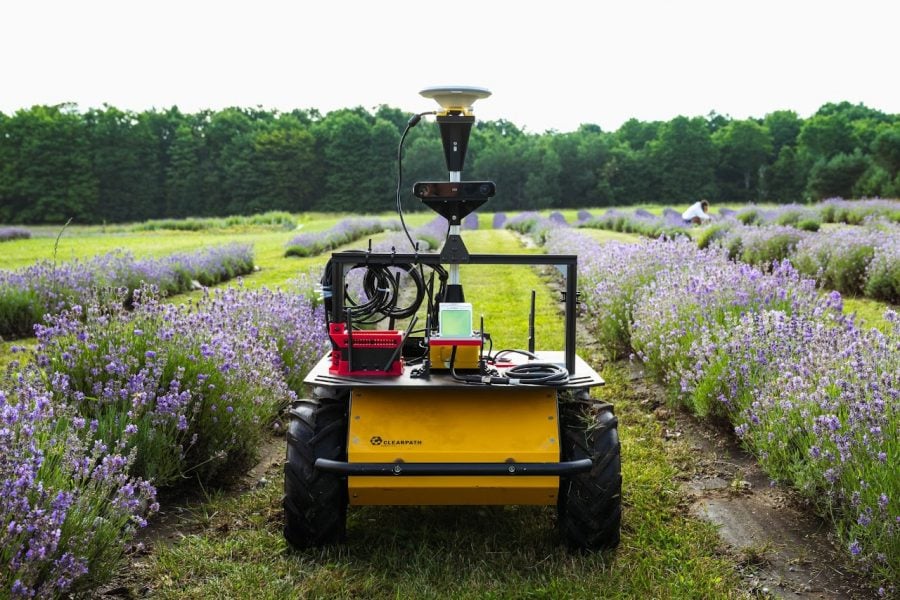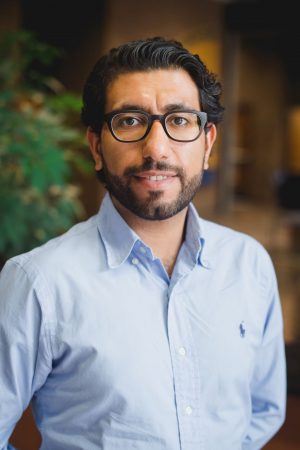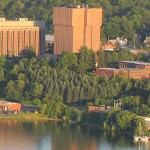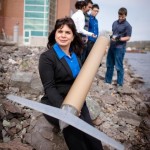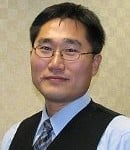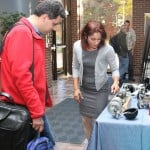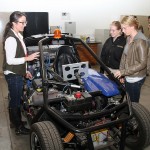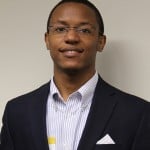Wei Wei joined the Department of Mechanical and Aerospace Engineering as an associate professor in Fall 2024. She earned her PhD in Materials Science and Engineering at Michigan Tech. Prior to joining the MAE faculty, she was an associate professor in the Department of Mechanical Engineering at Wichita State University.
What drew you to Michigan Tech?
WW: I spent five years at Michigan Tech for my PhD—the first five years after moving to the U.S. During that time, I made some of the best friends of my life and really felt at home here. Ever since, I knew I wanted to make my way back. Plus, Michigan Tech has the right facilities for my research, making it the perfect place to be.
